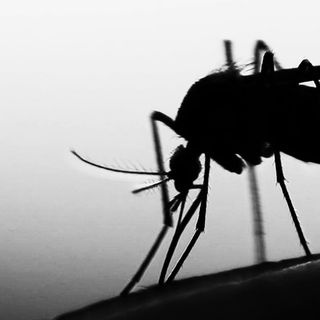Breathing in fine particles of pollution or soot-laden air during pregnancy may negatively affect children’s IQ, according to a new analysis published in Environmental Research.
The research assessed the relationship between air pollution and cognitive development among kids and concluded that children of mothers who were exposed to pollution from coal plants, burning fuel from cars and trucks, and airborne dust during pregnancy scored lower on IQ tests by 2.5 points compared to children of mothers who breathed in cleaner air.
Researchers studied a group of Tennessee-based women, monitoring them while they were pregnant.When their children turned 4 and 5, they were given an IQ test.
“[Fine particulate] pollution is less-studied as a neurodevelopment toxicant, so I think that makes it particularly interesting to have these results,” Catherine Karr, a study author and pediatric environmental medicine doctor at the University of Washington, told KQED.
“I think this work really highlights that low-level exposure might be dangerous and that we need to do more work to know what a safe level is,” Megan Herting, a neuroscientist at the University of Southern California who was not involved in the research, also told KQED.
The authors also found that good maternal nutrition cushions the impact of air pollution on children. Pregnant women are asked to eat folate-rich foods such as leafy vegetables and are also prescribed prenatal vitamins like folic acid. The researchers found that if pregnant women consumed less folate-rich foods and breathed in dirty air, their children’s scored about 7 points lower on IQ tests compared to children whose mothers ingested enough folate and also breathed dirty air.
Related on The Swaddle:
Study Suggests Link Between Air Pollution and Cognitive Delays in Kids
Researchers say these findings can help pregnant women take stock of the environment they are in, and potentially adjust their folate intake accordingly.
Although various researchers worldwide are continuing efforts to study the connection between air pollution and its impact on brains, the current findings are particularly useful because as of today, 11 out of the 12 most polluted cities on a World Health Organization list are in India.
The Swaddle has also earlier reported a study that confirmed the presence of soot from air pollution in pregnant women’s placentas. “Air pollution has been linked to a host of health problems in recent years, from premature deaths in adults, to cognitive delays in kids, to asthma in both,” The Swaddle reported at the time.




